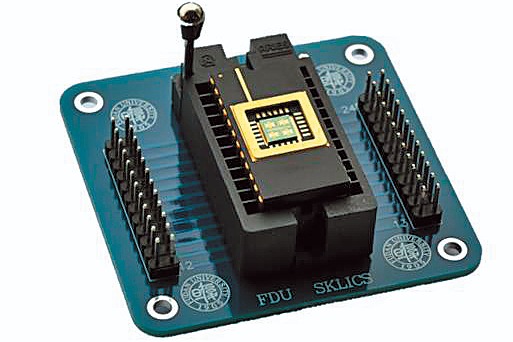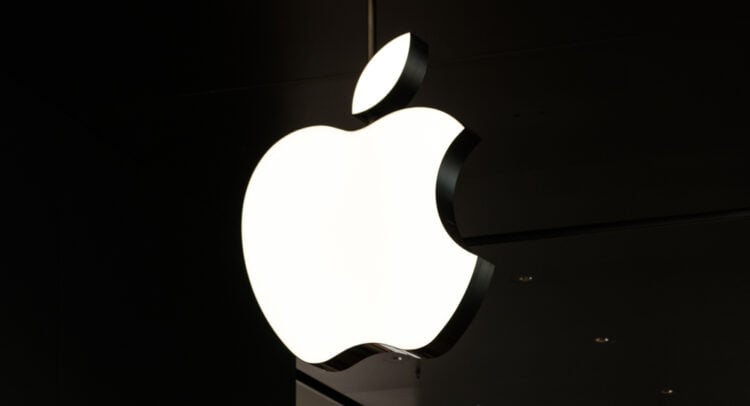This week, investors watched a mix of bold moves and milestones unfold across markets.
AMD stole the spotlight with a landmark US$100 billion AI chip deal with OpenAI that sent its shares soaring by over 30% in a single day.
Back home, DBS CEO Tan Su Shan made history as Fortune’s Most Powerful Woman in Asia 2025, while CapitaLand Ascendas REIT expanded its portfolio with three Singapore industrial assets worth S$566 million, reinforcing confidence in the city’s resilient property sector.
Advanced Micro Devices (NASDAQ: AMD), or AMD, secured a transformative partnership with OpenAI that sent its shares soaring 34% on 6 October 2025, adding approximately US$80 billion to the chipmaker’s market capitalisation in a single trading session.
Under the multi-year agreement, OpenAI will deploy six gigawatts of AMD’s Instinct graphics processing units across multiple generations, beginning with a one-gigawatt rollout of the MI450 series chips in the second half of 2026.
AMD expects the partnership to generate tens of billions of dollars in annual revenue, with projections exceeding US$100 billion over four years.
AMD granted OpenAI warrants for 160 million shares (10% equity) that vest based on deployment milestones and share price targets, with the final tranche requiring AMD’s stock to reach US$600.
AMD shares closed at US$164.67 on 4 October before jumping to US$222.24.
The deal marks major validation of AMD’s AI chip technology as it challenges industry leader Nvidia’s dominance, whilst providing OpenAI crucial diversification of its chip supply chain.
DBS Group (SGX: D05) chief executive Tan Su Shan claimed the top spot on Fortune magazine’s 2025 Most Powerful Women in Asia list, marking a significant milestone seven months after assuming leadership of Southeast Asia’s largest bank in March 2025.
Fortune’s annual ranking celebrates 100 women leaders across 14 Asian markets.
Tan, 57, spent over 15 years at DBS following roles at Morgan Stanley and Citi, leading both institutional and consumer banking divisions while helping build Asia’s top private bank.
She succeeded Piyush Gupta, who grew revenue from S$4.6 billion to S$17 billion since 2009.
For the first half of 2025, DBS reported total income rising 5% year on year to S$11.6 billion, profit before tax up 3% year on year to S$6.83 billion, and net profit of S$5.72 billion with return on equity at 17.0%.
Tan has warned 2025 will be volatile, urging colleagues to “buckle up” as DBS navigates trade tensions and cryptocurrency resurgence whilst betting on Singapore’s future as a regional financial hub.









